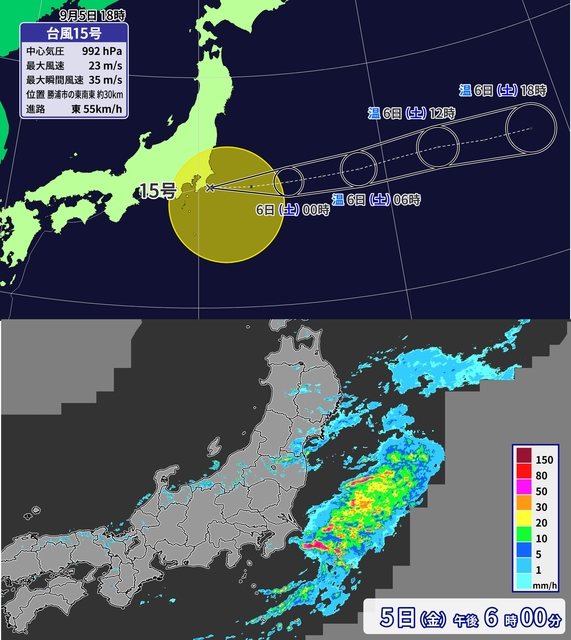Late summer heat is set to strike Japan again with temperatures expected to rise above 35°C from the Tokai region to the West of the country. This imminent wave of heat, marked for the 6th, is a reminder for citizens to stay hydrated and avoid strenuous outside activity wherever possible. The Japanese Meteorological Agency urges the public to take necessary precautions as the high temperatures can pose health risks, particularly to the elderly and children.
Extreme heat in Japan is a serious public health concern, especially for the vulnerable population like the elderly and children. The Japanese society prioritizes safety and well-being over productivity and encourages its citizens to monitor the weather and follow the guidelines set by experts to avoid heat strokes and other heat-related ailments. Strict adherence to public warnings, ensuring hydration, and minimizing sun exposure are common protective measures.
Like Japan, the US and EU treat heatwaves seriously, issuing public warnings and offering guidance to their citizens. These regions also focus on the potential health risks to vulnerable populations. However, the cultural response may differ. While Japanese society might prioritize responding to such weather events in a highly structured and formalized way, responses in the US and EU might be more individualistic and informal.

